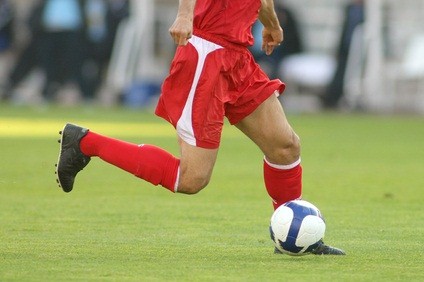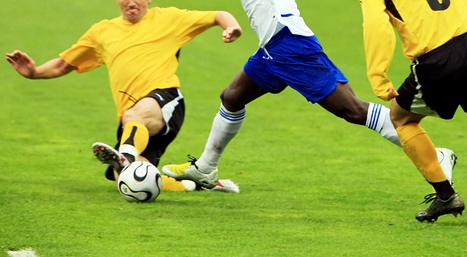Find answers to frequently asked questions about tennis elbow, carpal tunnel syndrome, arthritis, and other orthopedic conditions affecting the arms, elbows, hands and fingers. If you have additional questions about our orthopedic medical services, please give us a call at 502-212-2663 for an appointment or more information. We look forward to serving you.
Can tennis elbow be treated?
Tennis elbow is an overuse injury. Reduction of the activity that caused the problem is the first line treatment followed by the use of a tennis elbow brace, NSAIDs and physical therapy. The best results in terms of tennis elbow treatment are achieved by using the tennis elbow brace 24 / 7 except for personal care for a total of 6 weeks.
Physical therapy as part of tennis elbow treatment teaches the person a series of stretches and deep tissue massage which aids in the healing process. The NSAIDs help to reduce the inflammation from tennis elbow. On occasion a cortisone injection is given to treat tennis elbow. If pain persists after 6 to 10 weeks of treatment for tennis elbow, an MRI scan is indicated. The MRI scan will be obtained to rule out an extensor tendon tear.
Could you tell me some of the major carpal tunnel syndrome symptoms?
Carpal tunnel syndrome is a condition where the median nerve at the level of the wrist gets inflamed and compressed. The physical symptoms of carpal tunnel syndrome include night pain, numbness and tingling involving the thumb, index and middle finger. Treatment for carpal tunnel syndrome starts with wearing a night brace, the use of vitamin B 50 or B 100, and special carpal tunnel stretches.
The stretches for carpal tunnel syndrome are best directed with the help of a physical therapist. If the first line of treatment for carpal tunnel syndrome fails, a cortisone injection is indicated. Surgery for carpal tunnel syndrome is an option after all conservative treatment has failed.
Do I have dupuytren’s contracture?
Dupuytren’s contracture typically occurs in men. It is a condition where the palmar fascia of the hand thickens and contracts. It can cause permanent loss of extension of the fingers and inability to lie the hand flat on a table.
Interested in answers to some frequently asked questions other orthopedic injuries and medical conditions? Check out more of our FAQ pages.
General Office Procedures
Foot and Ankle
Shoulders
Orthopaedic Medicine as a Career
Hips
Knees
Arthroscopy


 A hot topic in ACL research involves which is a more superior operation: double bundle ACL reconstructions versus the single bundle ACL. In the April 2014 Journal of Bone and Joint Surgery Drs. Starman et al. reported on this topic in the "What's New in Sports Medicine" section of the journal. They stated that there is no current evidence to support one procedure over the other.
A hot topic in ACL research involves which is a more superior operation: double bundle ACL reconstructions versus the single bundle ACL. In the April 2014 Journal of Bone and Joint Surgery Drs. Starman et al. reported on this topic in the "What's New in Sports Medicine" section of the journal. They stated that there is no current evidence to support one procedure over the other.
